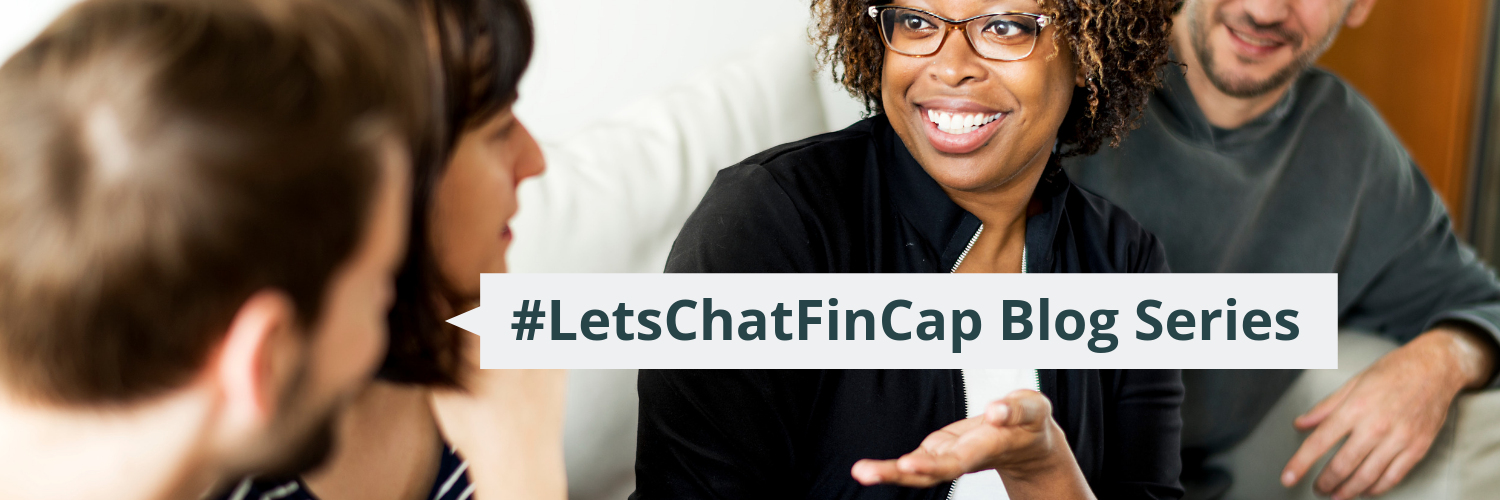
Multiple studies show that we are more likely to talk about the loss of a loved one or our own mortality than about our personal finances. However, avoiding the topic prevents us from taking control of our finances. To highlight National Financial Capability Month, we created a blog series that feature personal stories and experiences that we hope will help eliminate the stigma of talking about our personal finances.
By Michael Roush, M.A., AFC, Director, Real Economic Impact Network, National Disability Institute
What was your worst financial decision/choice and what was the lesson learned?
Too many to count for sure! Besides getting trapped in my college days with the various credit card offers – just to get a free t-shirt because I had not done laundry in two weeks – my first car purchase was a really poor decision. I was living in Southern California at the time with no car and, once I got my first real job after college, I went and bought a used Mitsubishi Mirage that had no air conditioning! The dealer said to me, “You don’t need air conditioning in Southern California,” and I believed him. I had a ridiculously high interest rate and paid on that car for nearly seven years because of the refinance offers. My $8,000 car loan turned into nearly a $16,000 loan by the time it was paid off. Needless to say, when I left California to move to Florida, I sold the car for $100. The lesson learned, always buy a car with air conditioning, do your homework on any large purchase, put money down, don’t get a car loan that is more than five years and don’t get caught up with the refinance offers.
What would you tell your younger self about managing money?
I would tell my younger self that credit is an asset and to start saving for retirement early.
What is the best money tip or advice that you have received?
Keeping a spending diary is by far the best money tip I had received and that I implement on a regular basis still to this day. I had a huge wake-up call in 1999 when I kept track of my spending habits for one year. I could not believe how much money I had spent on stuff (mainly eating out and going to the movies). I do a regular check-up with a spending diary still to help me curb my spending.
Who set you on your path to learn positive money habits?
My grandfather was really into saving. When I got my first job at 16, each time I would see him, he would ask me if I was saving money. When I got my first real job after college – the first thing he would say when he saw me was, “Are you saving money?” My grandfather’s statement stuck with me, but I did not start the behavior of savings or learn the importance of savings until I was in a committed relationship. That really put me on the path to learn positive money habits. Realizing that my financial decisions have an impact on my family unit was really the wake-up call to get better with managing money – it was no longer about just me, but us and our financial future together.
 Michael Roush, M.A., AFC® is the Director of the Real Economic Impact Network at National Disability Institute (NDI) and serves as a subject matter expert on financial capability strategies for persons with disabilities. He provides training and technical assistance across the country on Volunteer Income Tax Assistance (VITA), financial education, financial coaching/counseling and other asset development strategies to empower individuals, organizations and other stakeholders on the importance of economic self-sufficiency for persons with disabilities. Michael is the co-author of multiple financial education/asset building curriculums for students and adults with disabilities and has trained more than 2,000 individuals on how to integrate the curriculums into their organization’s delivery of service. He is an Accredited Financial Counselor and a Community Partner Work Incentives Counselor. Michael has a Master’s degree in Human Behavior.
Michael Roush, M.A., AFC® is the Director of the Real Economic Impact Network at National Disability Institute (NDI) and serves as a subject matter expert on financial capability strategies for persons with disabilities. He provides training and technical assistance across the country on Volunteer Income Tax Assistance (VITA), financial education, financial coaching/counseling and other asset development strategies to empower individuals, organizations and other stakeholders on the importance of economic self-sufficiency for persons with disabilities. Michael is the co-author of multiple financial education/asset building curriculums for students and adults with disabilities and has trained more than 2,000 individuals on how to integrate the curriculums into their organization’s delivery of service. He is an Accredited Financial Counselor and a Community Partner Work Incentives Counselor. Michael has a Master’s degree in Human Behavior.
Sign-up for the Real Economic Network Today at: https://www.nationaldisabilityinstitute.org/capacity-building/partnerships/
